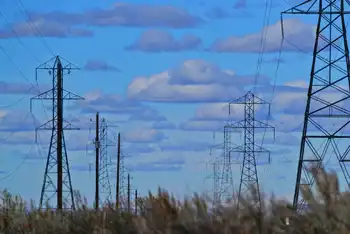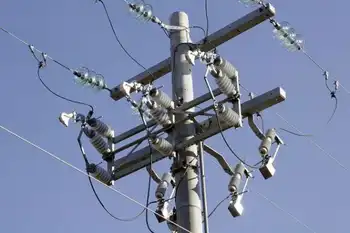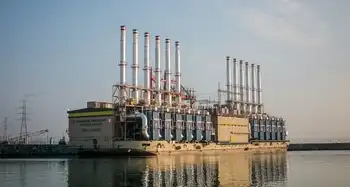Epcor Buys Insurance PolicySecures Protection From "Open Market" Prices
EDMONTON -- - Epcor has bought insurance to protect itself from the risks of operating in the deregulated power industry, board chairperson Hugh Bolton has announced.
"It's very costly," Bolton remarked in an interview at a meeting of the Economics Society of Northern Alberta, where he was a guest speaker. He did not disclose the price of the insurance. But under terms of provincial auctions of wholesale power, Epcor must produce a certain amount of electricity. If one of Epcor's three plants goes down, as has happened at TransAlta's Wabamun facility, Epcor would still be on the hook to meet its commitment. That would mean buying on the open market at inflated prices. Such risks also highlight one of Epcor's central goals, to build a $500-million third unit at Genesee. That 400-megawatt unit would be an "independent" supplier. Genesee would be able to sell the power at the best price. Bolton praised Alberta Natural Resources Development Minister Mike Cardinal for saying this week that the province wants to speed up approval processes for power projects. That's crucial, Bolton said, because one of the causes of higher prices is the narrow gap between electricity supply and demand.
"In Alberta today, time is our enemy," he said.
It will take as much as five years for Epcor to get Genesee built. There's another reason to hustle with Genesee 3, he said. TransAlta is expected to announce its own coal-fired addition in the area west of Edmonton, and there is transmission wireline capacity for only one of the two projects.
"That's a fundamental problem," he said.
"Only one can win, and a new line is not in the cards." Epcor has done well for years, Bolton told the luncheon. The value of the Edmonton-owned company has increased by 20 per cent annually. The dividend Epcor will pay the city in 2001 should reach $90.5 million, up from $70.5 million in 2000. "We're in the business of making money," Bolton said. "I don't apologize for that." He also stressed that Alberta's electricity problems are unlike those faced by California.
The deregulation rules differ, and California has added only 672 megawatts of power since 1996, compared to about 1,300 megawatts in Alberta, where the population is about three million.
Source: Edmonton Journal
Related News

Energy crisis: EU outlines possible gas price cap strategies
BRUSSELS - The European Commission has outlined possible strategies to cap gas prices as the bloc faces a looming energy crisis this winter.
Member states are divided over the emergency measures designed to pull down soaring inflation amid Russia's war in Ukraine.
One proposal is a temporary "flexible" limit on gas prices to ensure that Europe can continue to secure enough gas, EU energy commissioner Kadri Simson said on Tuesday.
Another option could be an EU-wide "framework" for a price cap on gas used to generate electricity, which would be combined with measures to ensure gas demand does not rise as a result,…




